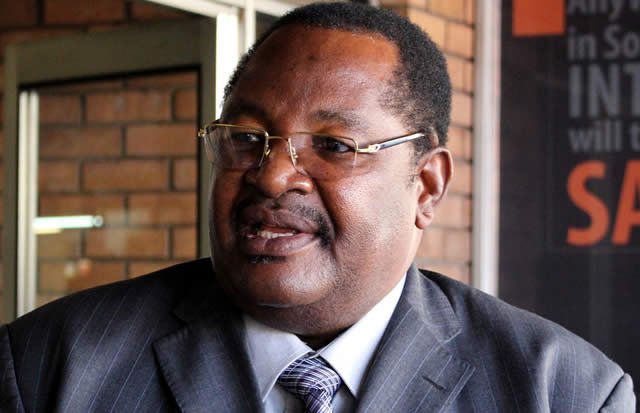In an unprecedented move towards electoral justice and democracy in Zimbabwe, the National Elections Reform Agenda (NERA) was officially launched in Harare on March 23, 2024. Spearheaded by Convener Manyara Irene Muyenziwa, this initiative marks a significant milestone in the country’s quest for fair and credible electoral processes.
Muyenziwa emphasized that the launch of NERA is not merely an event but the culmination of a long journey fueled by the aspirations of Zimbabweans for a truly representative electoral system. “This journey began in the hearts of every Zimbabwean yearning for change, for a voice, and for a vote that counts,” she stated.
The foundation of NERA was laid through meticulous planning and collaboration among the Secretary Generals of various political parties, leading to the creation of a Memorandum of Understanding (MOU) that outlines a strategic framework for achieving credible elections.
With the official launch, NERA aims to embark on a comprehensive survey to understand the citizens’ sentiments about the electoral system, ensuring that the reform process is guided by the voices of the people. This initiative seeks to foster partnerships with Parliament, the Zimbabwe Electoral Commission (ZEC), and other critical stakeholders to promote a culture of collaboration and mutual respect.
Among NERA’s notable achievements is the successful implementation of the Biometric Voter Registration (BVR) system, which has significantly improved the accuracy and efficiency of voter registration. Muyenziwa highlighted that this is just one example of the progress made towards ensuring fair play in the electoral arena.
Looking ahead, NERA envisions a transformed Zimbabwe where democracy is a lived experience for every citizen. The agenda is to dismantle barriers to the electoral process, implement reforms that safeguard the integrity of every vote, and establish a legal environment where the rule of law supersedes the whims of power.
Muyenziwa asserts that the reforms pursued by NERA are foundational, aimed at fundamentally altering the electoral landscape to reflect the true will of the people. The organization’s strategy includes petitions, lobbying efforts, and advocacy for legal and policy reforms aligned with constitutional provisions.
Key objectives of NERA include ensuring the independence and impartiality of the ZEC, advocating for the neutrality of security forces during elections, protecting the rights of all citizens, and promoting the integrity and accessibility of the electoral process through advanced technologies like the BVR system.
Muyenziwa remains optimistic about the attainability of NERA’s ambitious objectives, aiming to transform electoral reforms from a demand into a reality. “The impact of these reforms on democracy will be profound, challenging the status quo and creating a Zimbabwe that truly reflects the will of its people,” she concluded, setting a hopeful tone for the future of electoral democracy in Zimbabwe.








